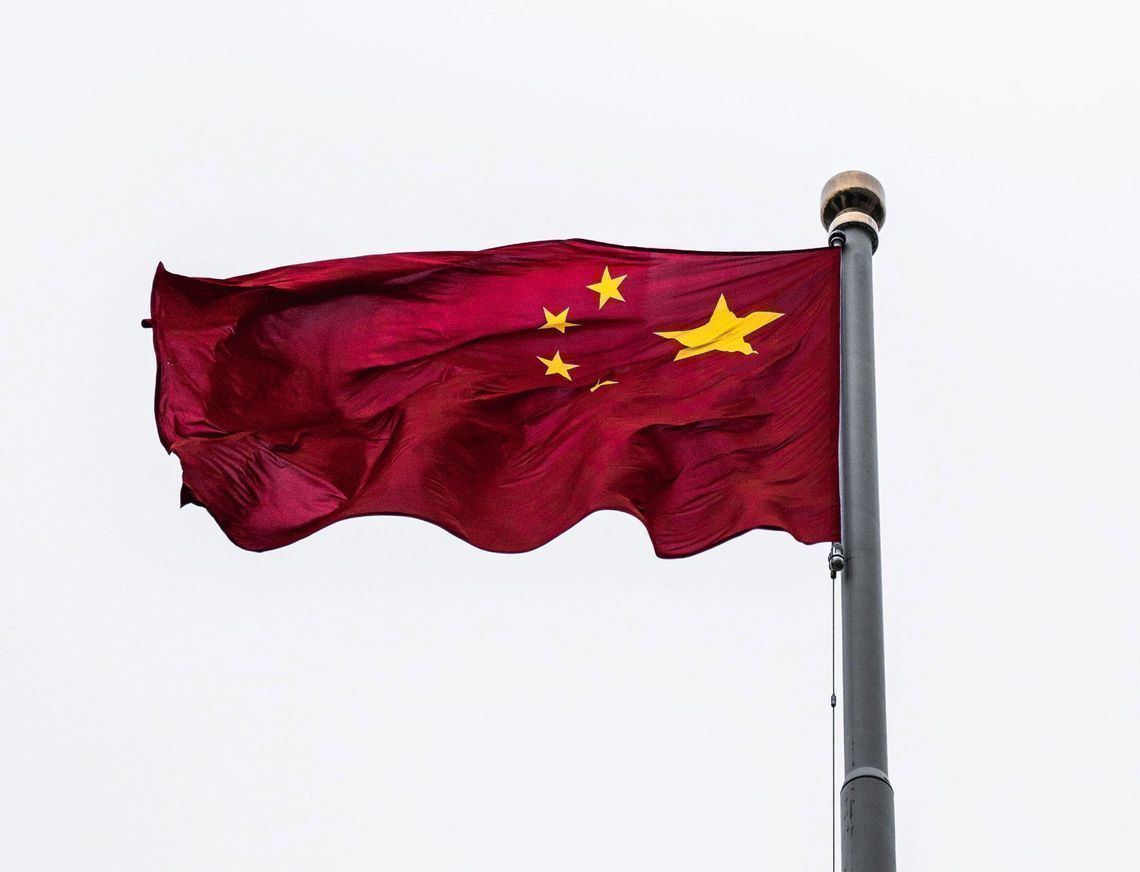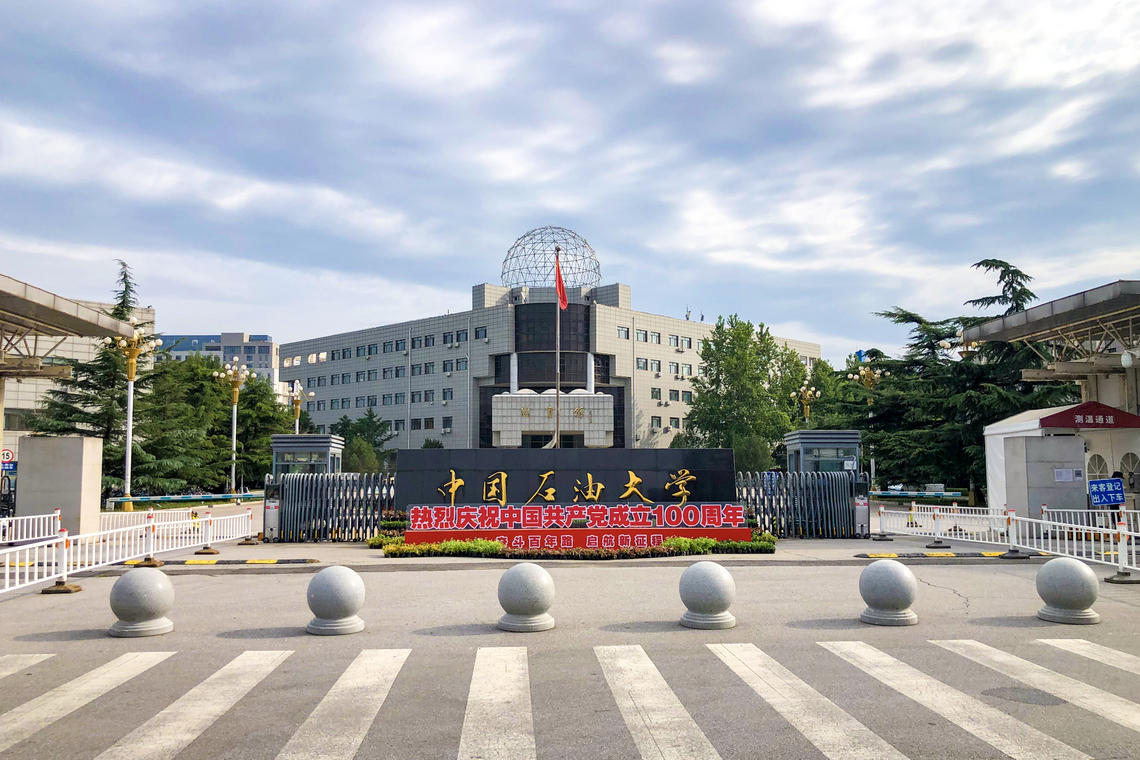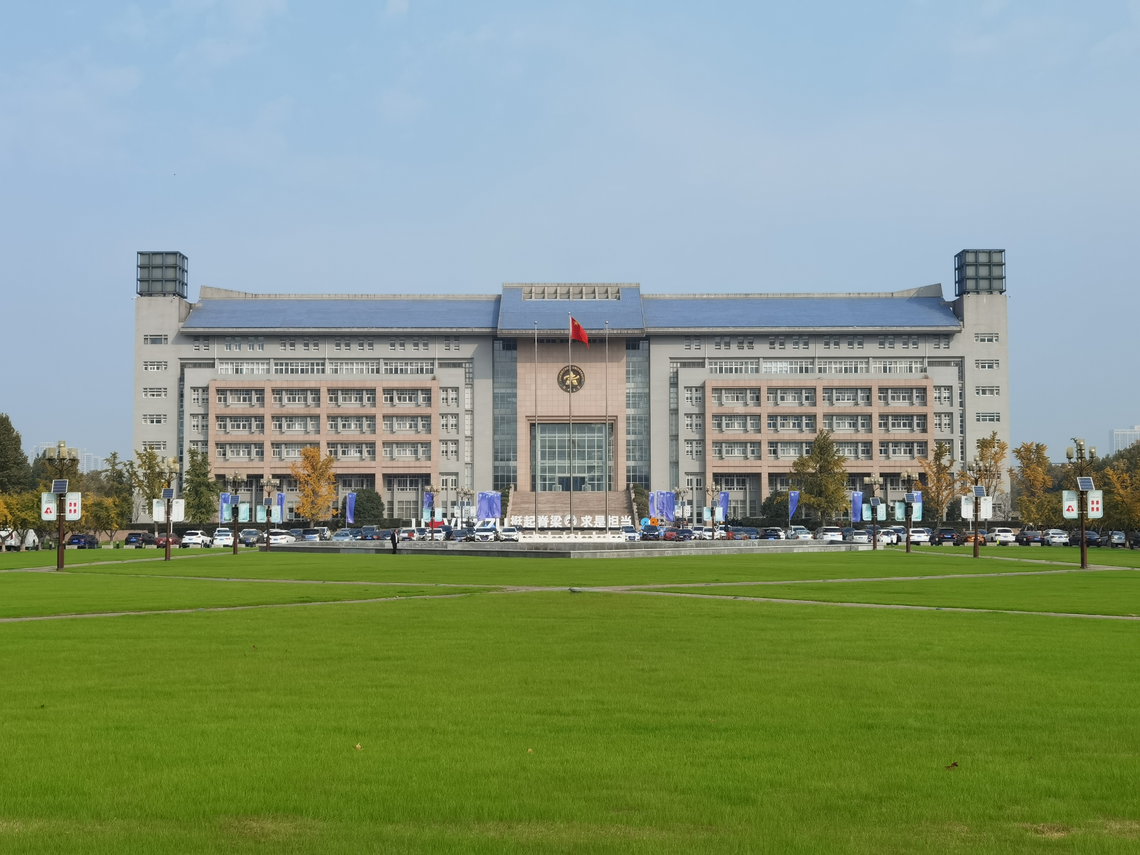
Apply to a foreign university with confidence
- Properly fulfilled documents
- Perfect motivation letter
- Support from a personal mentor
- Offers from several universities
The Chinese government and third-party funds allocate a lot of scholarships and grants, the amount of which fully or partially covers the cost of education. What scholarships are available to foreigners in China and what they require — read the article.
Free consultation







Scholarships in China can help you save a lot on studying in the country. They offer discounts on tuition fees, accommodation support, and a monthly allowance to cover other expenses. The most generous option is the Chinese Government Scholarship, which we will discuss in this article, along with other types of scholarships available in China and guidance on finding and receiving them.
Learn more about Chinese higher education, admission, and universities in our separate articles.
Studying at universities in China is already quite affordable, with tuition fees ranging from 14380 to 3,915 USD per year. However, the Chinese government and universities understand the need to attract more international students. To achieve this, they offer a wide range of scholarships that not only cover the cost of tuition, but also make studying in China financially rewarding. If you are fortunate, you may even receive a monthly allowance in addition to full expense coverage.
| Scholarship | Coverage/year | Deadline |
|---|---|---|
| Chinese Government Scholarship | 8,984 USD | April 1st |
| Scholarships from the Confucius Institute | 8,984 USD | April / November |
| Scholarships from the provinces of China | 4,084-5,445 USD | June |
| University scholarships | 1,361-5,445 USD | July |
| Level | Duration | Min. cost per year | Avg. cost per year |
|---|---|---|---|
| Bachelor's | 4 years | 1,952 USD | 3,903 USD |
| Master's | 2 years | 2,244 USD | 4,879 USD |
| MBA | 1-2 years | 4,098 USD | 13,661 USD |
| PhD | 3-5 years | 4,293 USD | 5,367 USD |
| Expenses | Avg. per month |
|---|---|
| Rent | 344 USD / 637 USD |
| Student housing | 68 USD |
| Food | 109-163 USD |
| Transportation | 12 USD |
| Educational materials | 33-82 USD/year |
| Language exam | 32 USD |
| Insurance | 82 USD/year |

Most scholarships in China are available for master's and PhD studies, where the competition is relatively lower. Foreign students can apply for various funding programs in China. Specific requirements can be found on university and program websites. Here are the key factors to consider:
The Chinese Government Scholarship is awarded to students studying at one of the 279 universities in the country. It covers the cost of tuition, accommodation, and provides a monthly living allowance ranging from 2500 to 476 USD. However, obtaining this scholarship is highly challenging.
Candidate requirements:
You can apply for the scholarship either before or after submitting your documents to the university. It is also recommended to contact a prospective professor in advance to obtain an acceptance letter, as this can increase your chances of receiving the scholarship.
The application deadlines for scholarships are set by the University of China. Typically, the application process can extend until the end of April. In addition, the following documents may be required:
You can also apply for the scholarship through the Chinese Consulate. In this case, the list of required documents may vary.
Applying for a scholarship from the Chinese government can be challenging. It requires completing an error-free application, preparing a high-quality CV, obtaining recommendations, and crafting an outstanding motivation letter.
But don't worry, we are here to help. Our team of experts is well-versed in the full scholarship application process. We will assess your profile, develop a personalized strategy, and provide assistance with all the necessary documents.
The result? We will greatly enhance your chances of success while saving you time and effort.
The MOFCOM-CSC Scholarship is a sponsored program by the Ministry of Commerce of the People's Republic of China, aimed at attracting officials and senior managers to receive training. It provides full coverage for tuition fees in an English-taught master's or PhD program at one of the 26 participating universities[1].
In addition to covering tuition costs, the scholarship includes the following benefits:
The Confucius Institute offers a fully covered scholarship for students interested in studying Chinese language and culture. This scholarship is available at 150 universities in China and covers the cost of tuition, accommodation, medical insurance, and provides a monthly allowance of 272-408 USD for personal expenses. There are two types of scholarships offered by the Confucius Institute:
Each program has its own specific deadlines. Generally, applications open in April, May, September, and November, depending on the type of scholarship. Applications can be submitted through the Chinese Language Teachers Scholarship website or the selected university's website.
Many regions of China have their own scholarship programs, targeting foreign students for specific universities or study programs. These scholarships can be found on the Campus China website, specifically under the "Scholarships" section, or on the websites of the respective universities.
The application deadline for most regional scholarships in China falls in June. However, preparation for the application should start as early as December to March[2].

University scholarships offer relatively less coverage compared to government scholarships, but they come with significant advantages:
We will discuss a few popular university scholarships based on information provided by the CUCAS website.
China University of Petroleum offers grants for all fields of study at the university. The grants are divided into three categories. The first category covers tuition fees, accommodation, insurance, and offers a monthly allowance ranging from 245 USD to 340 USD for other expenses. The second category covers education and accommodation expenses. The third category only covers accommodation and medical insurance.
The university has specific language requirements. Bachelor's programs require Chinese proficiency at the HSK 4 level, while master's and PhD programs require HSK 5. English proficiency must be proven with an IELTS 6.0-6.5 or TOEFL 75-80 score.
Bachelor’s and PhD applicants will also need to submit two recommendation letters, a study plan, and an acceptance letter from their prospective supervisor.
The application deadline for bachelor's programs is June 15th. For master's and PhD programs, the deadline is May 30th.

Zhengzhou University participates in various government grants and also provides two university scholarships for international students.

University of Science and Technology Beijing (USTB) provides two funding options: partial and full scholarships. The partial scholarship offers a tuition fee discount, while the full scholarship covers the entire cost of the educational program. Additionally, the scholarship includes on-campus accommodation or a monthly housing allowance of 340 USD, as well as medical insurance.
The application period for the USTB Chancellor Scholarship is from December 15 to May 15.

When searching for scholarships in China, there are convenient official sources available such as Campus China and Study in China. However, not all information is consistently updated on these platforms, so it is crucial to double-check the availability of scholarships, their requirements, and deadlines on the official websites of universities and programs.
Exercise caution when visiting websites of various consulting agencies that claim to be official platforms for scholarship applications. It is essential to carefully verify the information provided on these websites. Authentic websites from the Chinese government do not guarantee entry and do not charge fees for their services, except registration fees.
Among third-party services, a trustworthy website is CUCAS. It features a user-friendly search engine, and the scholarships listed on the platform are described in sufficient detail.
60+ countries
we work with
$1,000,000 saved
by students through scholarships
6,400 offers
our students got